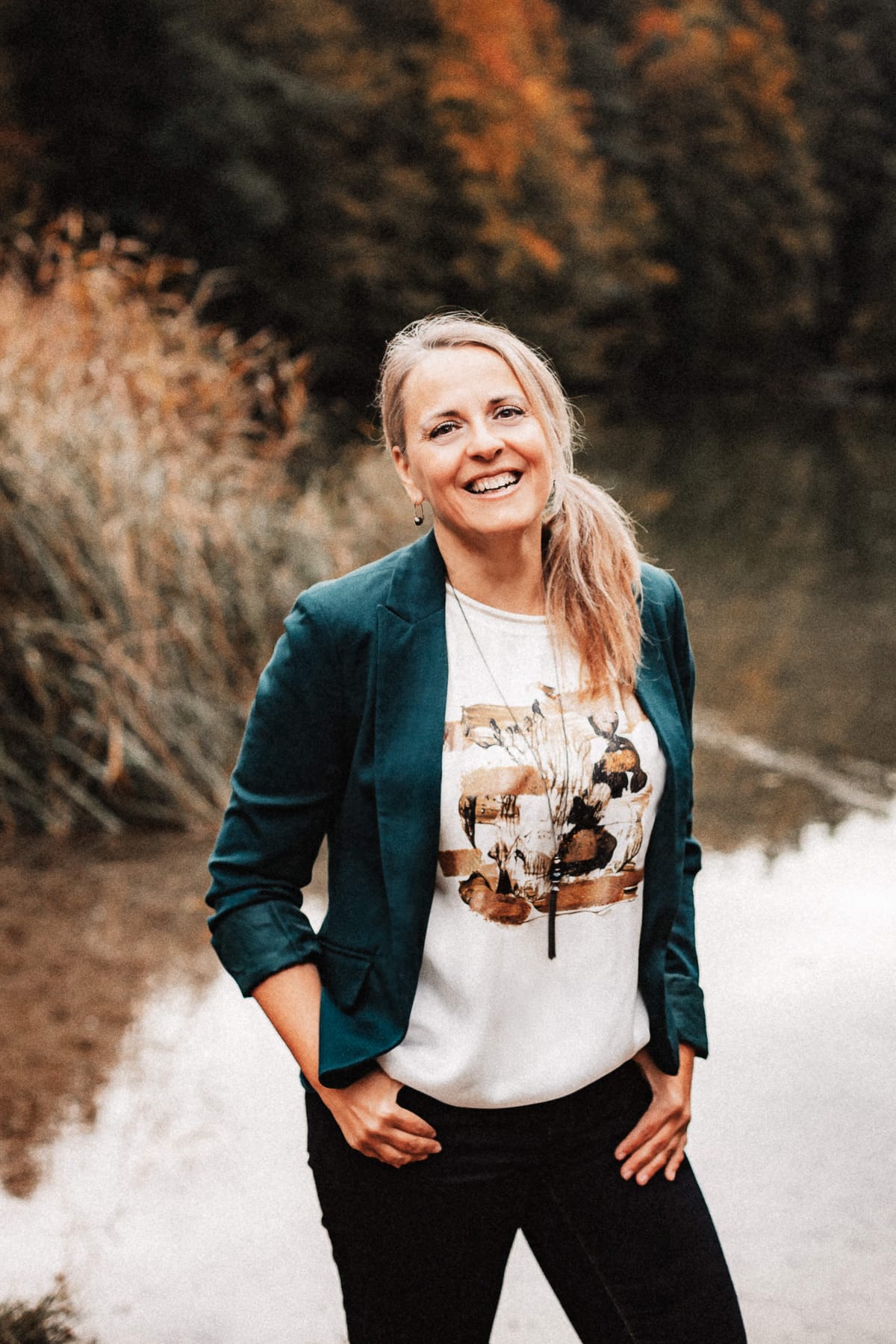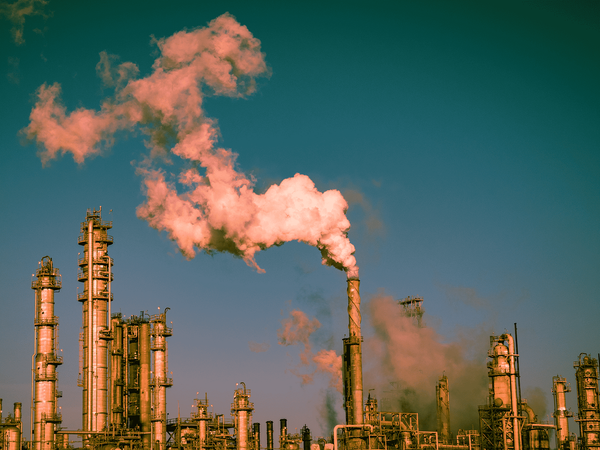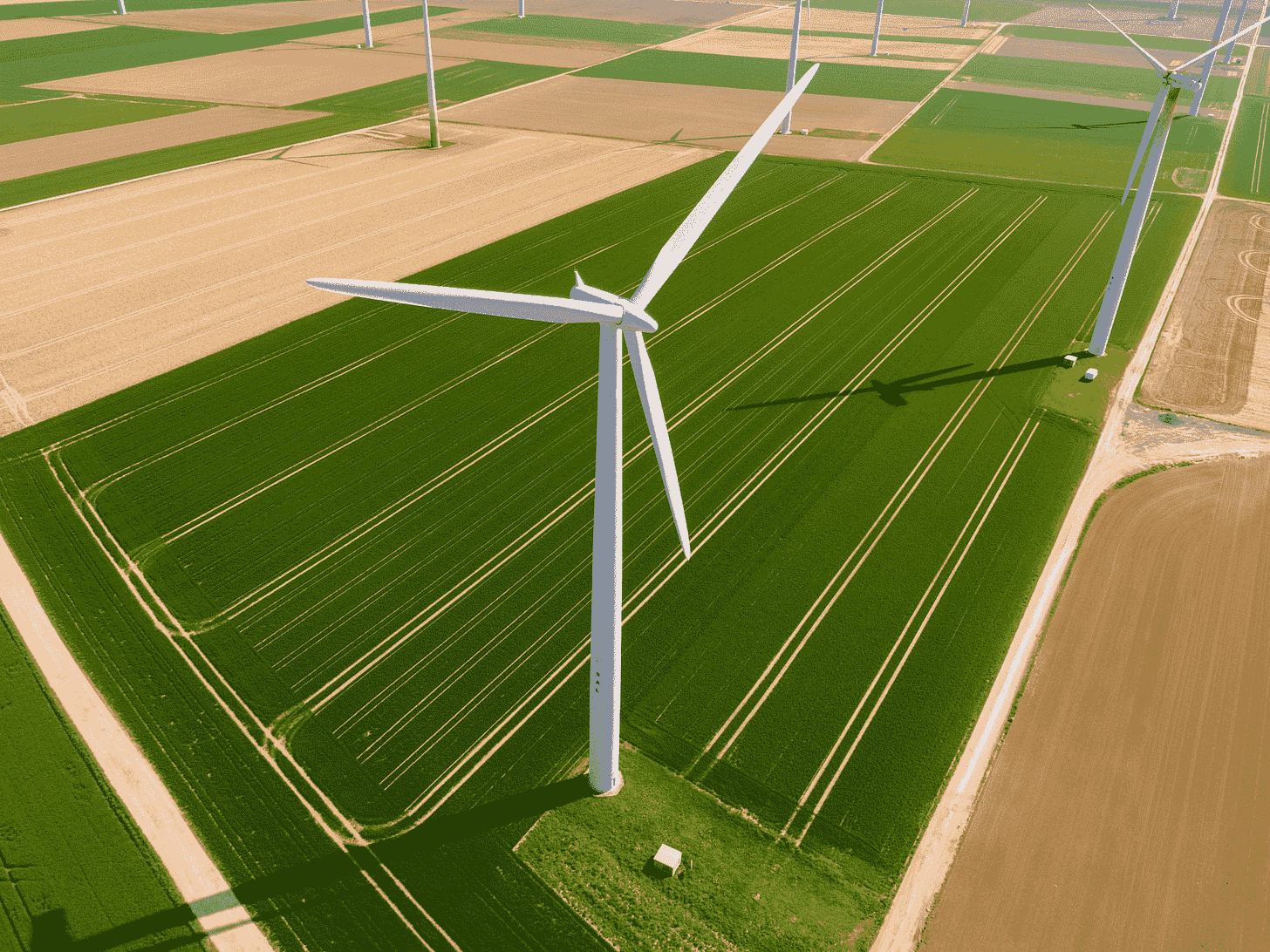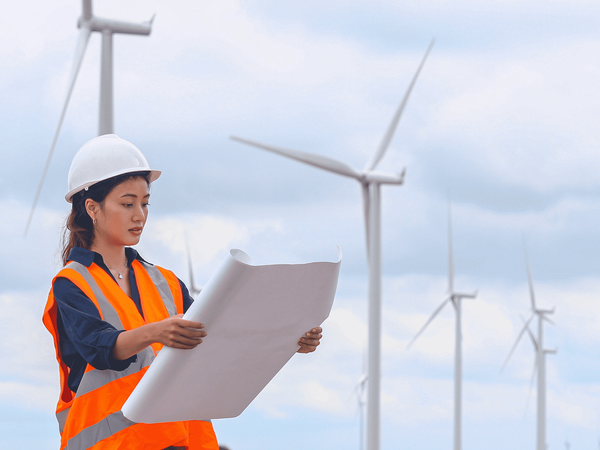Lola Fernandez: building a platform for homesteading and DIY solutions

Meet Lola, a true homesteader who embodies the principles of sustainability in every aspect of her life. From crafting chemical-free cleaning products, shampoos, and creams to repurposing clothing and plastic, she is dedicated to reducing waste and preserving the environment.
Lola is the founder of Green Cloud Nine— a project that started as a marketplace for sustainable merchants & responsible consumers in 2021 but has evolved since then. Her sustainable shop will soon offer a curated range of trendy, simple, and innovative DIY and ready-to-buy kits, for all levels.
The products are designed to facilitate fast and effective daily lifestyle changes that promote sustainability. They are crafted to alleviate stress and keep users engaged and empowered to define their lifestyles without the pressure of achieving perfection.
Lola's inspiring journey is a testament to the power of a growth mindset, continuous learning, building meaningful connections, and finding creative solutions to problems. As a passionate climate change activist during her teenage years, Lola has evolved into one of the leading voices in the field of sustainability.
Her remarkable achievements have garnered recognition, and she was recently honoured as one of the most influential female founders in the Austrian startup scene. Lola has a degree in business management, a Master's in economics, and 25 years of experience in the corporate world.
How did your journey to sustainability start?
I think I was 13 or 14 when the news of the ozone layer and its impact on climate change all came out. That was a big shock for me. Suddenly, I felt scared because I did not quite understand what it meant, I thought we and the planet were going to die, and nobody was doing anything about it.
I was already a nature lover, but those news were the trigger for me to get deeply interested in the topic of climate change.
At that time, we did not have internet. So, I started reading whatever books and magazines I could find. I visited the library to get informed about the subject, but it was not easy to find information.
The real eye-opener for me was the Greenpeace magazine. I always say that they were my real teachers and my window into the world of sustainability. As I was underage, I couldn't officially participate but as soon as I turned 18, I finally joined Greenpeace as a proud member.
In fact, I was fortunate enough to be part of the first Greenpeace group that was created in my town. From there, everything started to fall into place. I was a genuine activist, actively engaged in demonstrations and advocating against nuclear energy and other pressing issues.
However, sharing my passion for sustainability, particularly as a 13 or 14-year-old urging others to recycle, or reduce their spray or plastic consumption wasn't always met with open ears.
Nonetheless, I persisted. The more I learned, the more I realized the need to align my actions with my beliefs. I remember that recycling became a significant focus at the time, but accessible recycling containers were scarce at the time, and the nearest one was nearly two kilometres away from our home.
So, every week, my mom and I would gather our recycling bags and walk to make our little contribution. Unfortunately, time has proven that the recycling system is not really working so my focus now is on reducing, reusing, and upcycling, amongst other activities.
That is amazing! How did go from being an activist to starting your company?
I had a professional identity crisis at the end of 2019. I had been working in corporate for nearly 25 years and finding purpose was getting harder and harder. Also, my employer was going through turbulent times.
It was a stressful period for me and I felt that I could not do that any more. I needed to get out and find something to give me a sense of personal achievement.
After I left the corporate world, I was a little bit lost because I had been there for a long time and it was all that I knew. I smile now when I look back at the day that I signed my leave, but trust me there and then, I got very scared, because although I knew that I wanted to close that chapter of my life, I had not yet planned my new path.
Eventually, I realized that not having a plan B was the best thing that could happen because that uncertainty pushed me to do something and consider my options seriously.
While contemplating these decisions, I noticed that the field of digital marketing had evolved tremendously since my previous university studies and I found it very interesting so I chose to return to education and pursue a diploma in digital marketing.
It was already 2020 and by chance, I got in contact with the local startup ecosystem. It started with a series of entrepreneurship workshops for women, for which I needed to bring a business idea.
I had to think quite a bit because I have many interests, such as cooking, crafting, and dancing but there was something that stood out the most because it had been part of my life for as long as I can remember and something I really feel passionate about—Sustainable living!
So, that is what really clicked and the idea of Green Cloud Nine started to take shape.
Ok, now lets talk more about the company. Lets start with the name. What does Green Cloud Nine mean?
Cloud Nine means bliss, a state of happiness or paradise. And Green Cloud Nine is that little green heaven that I want to build for everyone (myself included).
With my company, I want to provide a space where everyone can find the products, tips, and information needed to shape their lifestyle.
What are the services provided by Green Cloud Nine?
In the last couple of years, Green Cloud Nine has already been providing tips and knowledge about sustainable living. Now, we are working on our upcoming online shop, which is focused on modern homesteading.
Green Cloud Nine’s distinctive approach revolves around striking the perfect balance between eco-friendly traditions from the past & cutting-edge technology that seamlessly integrates into our modern, urban lifestyles. By blending these elements, they provide a unique and enriching experience that allows you to live sustainably without compromising convenience or style.
The shop will offer DIY and ready-made kits for all levels. I believe that DIYs are very important because they engage us actively in new habits, which can then become sustainable lifestyle changes.
One good example would be, if your trousers get a small tear, instead of buying a new pair, you could buy a repair kit with needles, threads, ideas, and instructions. Not only do you get to wear them again, you learn how to repair and you can use that same knowledge and kit in the future.
We also pay a lot of attention to technology. Most of us live in small apartments in urban areas, and we don’t have gardens for growing veggies or compost.
But there are high-tech solutions, such as smart growers or electronic composters that fit in our kitchen tops and allow us to experience the satisfaction of producing our food and reducing waste.
What are your plans for the next 5 years?
Within five years, I would love to see Green Cloud Nine growing into a small sustainability hub for people to learn, and find the tools and products that they need to become modern homesteaders, with their own rules and without pressure.
It should be a place where, as I mentioned, people don't only get products but also connections and experiences.
For example, we plan to offer DIY kits for activities that you can do with your kids or your friends. That will help spread the word and get children to understand sustainability by getting involved at an early age.
Beyond the shop, I imagine the hub growing like a community, which reaches into education, providing resources and seminars for all those wanting to make a change, from beginners to advanced.
But right now, we need to focus on finishing and launching the shop. We are currently closing the first supplier agreements and we have a list of really cool and impactful products.
Of course, in the beginning, we want to try lots of different types of products to see what resonates better with our audience, gather feedback, and improve.
What are your challenges at the moment?
Capital is always an issue for startups, although I'm not looking for funding right now.
After the emotional fallout of the last months (about which I will soon write in my blog), I decided that the new Green Cloud Nine was going to be a smaller and much more personal project. That is why right now I am focusing on getting the shop live, even if only with a couple of products.
I have set up a personal deadline for launching my business by this summer. At that time, for sure capital will have to be invested in publicity and advertising to get our company in front of the public.
Being able to have the right products with the right suppliers is also a challenge. There are great products that I want to bring to my customers but producers are based in other continents.
It is hard to find a distributor in Europe and of course, we don’t want to be shipping single items across the world. But we have been quite lucky so far. Most suppliers that we are talking to, are interested in collaborating and I am confident we will be successful together.
Your tips for growing a company?
First, be clear about your purpose. Why you are doing this and why do you want to do this? Although it's a huge work, and despite many ups and downs, at the end of the day, I still believe in my project and I find purpose in what I am doing because I know it helps people and has an impact.
Also, be very realistic about what creating and running a company means. People don't realize how many hours of work you need to put in every day. Often, I cannot take holidays when my family wants a holiday or I cannot go to birthday or family parties because I need to go to an event.
So be aware that this is a big compromise. It's a lot of work. You need to be very realistic with your capabilities, and how much you're willing to commit in terms of energy, time, and money.
I think idealizing “founding a company” is one of the reasons why many startups fail. Many of them only see the “glamour” of the startup ecosystems and are not prepared for the hard reality.
Continuously learning goes without saying. Not only hard topics like finance or marketing but also personal development. I can highly recommend the book ABCs of Success by Bob Proctor. It's one of my favourites and I have read it several times.
In his book, Bob manages to give small but condensed pills of “food for thought” with each letter of the alphabet. One of the chapters that really stuck with me is when he explains that we should not be surprised if when we decide to start a business, our closest circle of family and friends don't support us or try to convince us not to do it.
Often, they don't understand your motivation and purpose. Humans are programmed against change so they want you to stay the way you are because that's what they know about you. Entrepreneurship means big change and uncertainty and they're not ready for that.
And you know what? he was totally right, if you don’t surround yourself with like-minded people, the journey is going to be a lonely one. This leads me to my last tip:
Building your support ecosystem is crucial. Talk to other entrepreneurs and surround yourself with people that share your mindset and understand what you are going through.
I meet or chat regularly with other founders and we coach and mentor each other. They have become my support circle and without them, I would have probably given up by now. Additionally, try to find good mentors. I have a bunch of very good mentors, to whom I am extremely grateful.
What do you think is the future of sustainability?
The future of sustainability is highly dependent on politics and legislation and unfortunately, I lost my faith in politicians a long time ago.
As I mentioned, I started being an activist at a very early age and I have seen so many ups and downs in Europe and the world, but many critical issues remain unsolved and have in fact worsened.
So I do not trust the targets set up either by governments or non-profit agencies, and like me, more and more people are realizing that those nice goals are unreachable unless we take matters into our own hands.
But that does not mean I have lost hope. I believe in us, individuals, as the real force that can trigger durable change. If we raise awareness and empower people through knowledge and tools, everybody can make small changes which added up, will mean a great impact.
Each of us through our daily choices can drive much more change than we give ourselves credit for. Look for example what is happening with the growing second-hand trend and slow-fashion trends.
And similarly, through modern homesteading people can learn to be self-sufficient and independent. We can be the designers of our lifestyles and that is why, I believe that soon enough, it will also become a widespread trend.
Visit previous interviews with other Green Initiatives.



